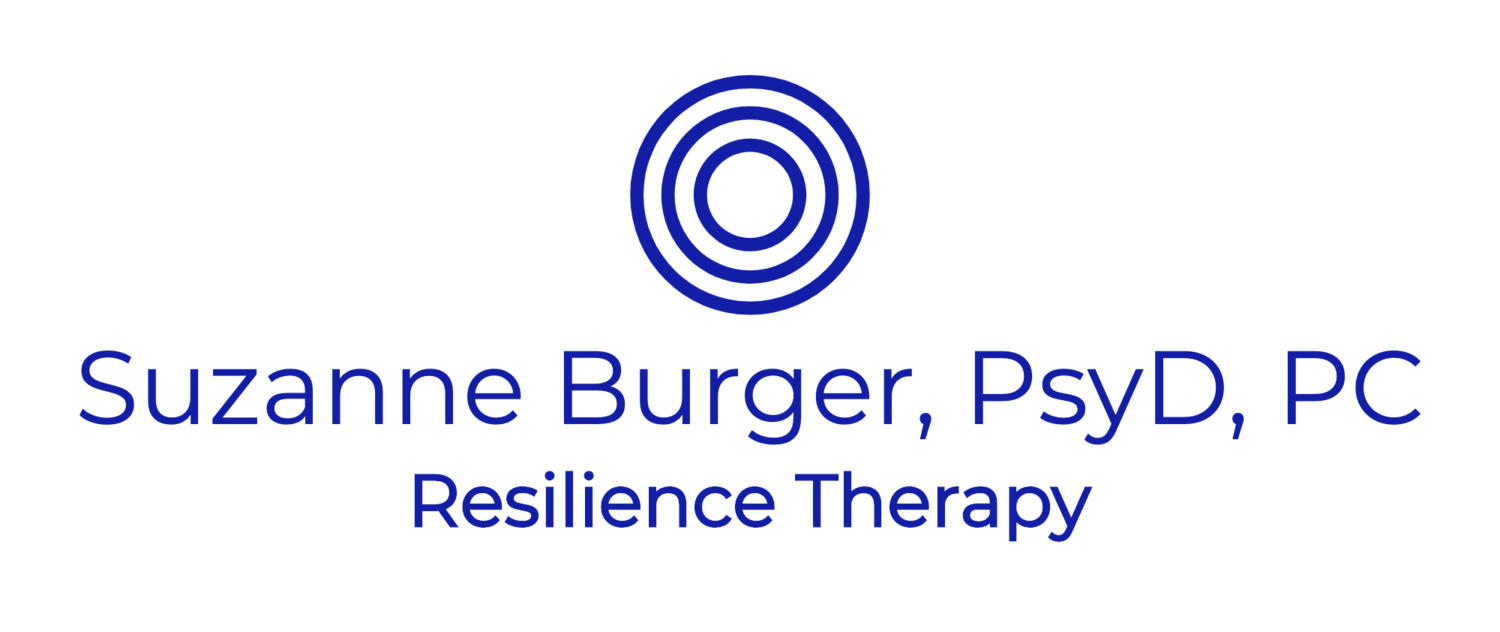Encouragement for the Long Run
/The expression, “this is a marathon, not a sprint” is a familiar one, and frequently has been used in spaces of political activism. In 2020, the expression is more relevant than ever as we are facing many more months of the Covid-19 pandemic, the power of the social justice movement, and increasing unrest and divide in our country. If you are feeling triggered by these external forces and find they are tapping into scars and fears of your own lived experience, you may be feeling overwhelmed, unable to relax, or, alternately, shut down and unable to engage in your normal routines or activities.
Many are suffering “Covid-19” or “Quarantine” fatigue and are reluctant to wear masks or physically distance (we can stay socially connected, even when physically six feet or more apart.) It makes sense that we are eager to return to pre-March conditions or some sense of normalcy. But our new normal is here to stay for the foreseeable future and cultivating emotional and psychological endurance is essential now. This is especially true as we see the incidence of Covid-19 cases spiking in the South and West.
So what support endurance, or tenacity, for the long run?
For one thing, we have to accept that endurance requires short- or even moderate-term sacrifice for long-term benefit. It is what we call upon when we study hard for an exam in high school because we envision pursuing a career we are passionate about or project even further out into the future, envisioning a decent income and a comfortable home and lifestyle. It is what we do to postpone instant gratification for long-term gain. So the next time you feel the impulse to go to a party with fifty people, perhaps you can project forward to a year from now when you and your friends are healthy and you will be able to attend many parties with unlimited numbers of people.
Surround yourself with supportive people, resources, reliable news sites that support your long-term goals, and your current protocol regarding safety and the pandemic. When we’re training for a marathon, we devote even our social time and energy by connecting with people who share or at least support our ambitions. Support groups such as AA rely heavily on the understanding that a social network should resonate with our goals and values. Speak to your friends who are also making immediate sacrifices and perhaps spend less time with your friends who are more impulsive and/or emphasize immediate gratification.
When we cultivate tenacity/perseverance/endurance, we also need to draw upon our creativity and substitute our rewards. Disappointed that you can’t see your mother for her 75th birthday. The pandemic has resulted in many creative approaches to celebrations, both large and small. While Zoom graduations may have been less than satisfying, certainly teachers who have driven by their students’ homes have added a personal touch. I recall a video of a father whose four-year-old daughter was disappointed that she couldn’t go to McDonald’s. He took the time to create a home “drive-thru” store complete with a Happy Meal and delighted his daughter. So if you find yourself dwelling on all you cannot do, shift your focus to what you can do and flex your creativity muscles. And reward yourself with activities that you enjoy. A couple I know recently took a virtual tour of Yosemite and talked about their postponed trip to the national park with an understanding that they were actually more eager to plan their trip there in 2021 as a result of all they had seen and learned through the online site. These are some examples of positive reframing and adaptability that will make this long year much more manageable.
This next suggestion may sound contrary to all that I’ve previously stated but is not. It is to feel your sadness, disappointment, anger, frustration. Facing into understandable feelings is an important aspect of healthy adaption. There are important losses, not just of people, but of milestone events, annual rituals, favorite pastimes. We will all have feelings about this to varying degrees and allowing for the feelings is distinct from getting stuck in them. Emotions are short-lived, for the most part. It’s more often the stories we tell ourselves about our emotions that keep us stuck either in heightened states of anxiety or in depressed states of despair. And, paradoxically, the more we ignore or minimize our emotions, the more they have a way of intensifying in order to be felt. Have the experience of real disappointment that you will not be going to an annual family reunion. And then shift into your flexibility, creativity, adaptation.
Finally, remember that marathons have milestones. Periodically, pause and celebrate how much you have succeeded at so far, how resilient and resourceful you’ve been. Appreciate what you’ve already accomplished or even endured. And take this pandemic one step or perhaps one week at a time.


